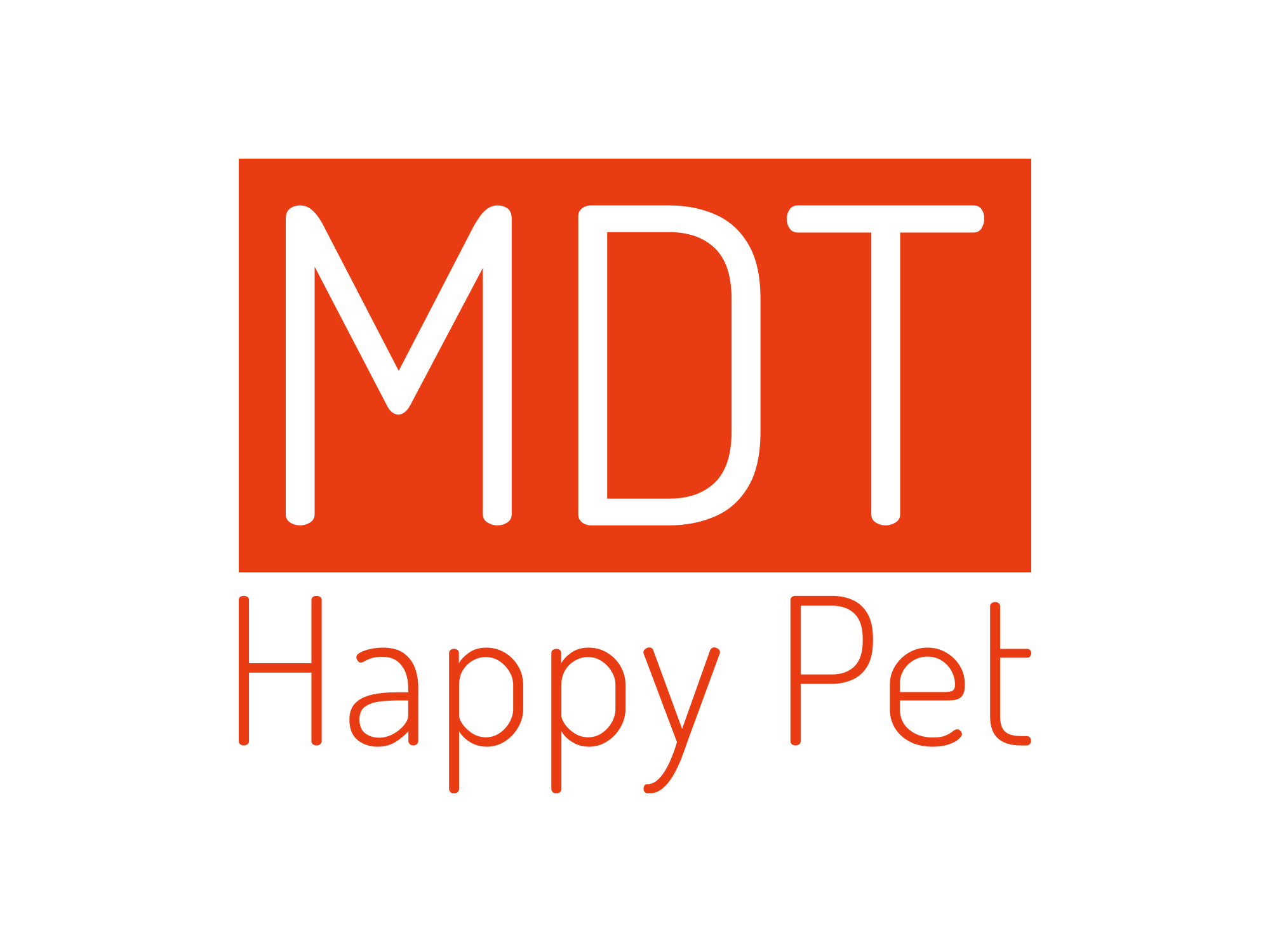
Introduction: The problem with overweight dogs
Obesity is a growing problem among dogs, with nearly 50% of all dogs in the United States being overweight or obese. This is a serious issue, as it can lead to a number of health problems and a shorter life span for dogs. Owners need to be aware of the health risks associated with having a dog that is too fat, and take steps to help their pets maintain a healthy weight.
Why is obesity dangerous for dogs?
Being overweight can put a lot of strain on a dog’s body. It can lead to joint problems, such as arthritis, and increase the risk of developing diabetes, heart disease, and other chronic health conditions. When a dog is carrying too much weight, it can also make it difficult for them to move around and exercise, which can further exacerbate their health issues.
In addition to these physical health risks, obesity can also have a negative impact on a dog’s mental health. Overweight dogs may be less active and have less energy, which can lead to depression and anxiety.
Signs that your dog is overweight
It can be difficult for owners to determine whether their dog is overweight, as it can vary depending on the breed and size of the dog. However, there are some common signs that owners can look out for. These include:
- Difficulty breathing or shortness of breath
- A visibly distended abdomen
- Difficulty moving around and exercising
- Lack of energy or lethargy
- Joint problems or lameness
- Unhealthy coat or skin
If you notice any of these signs in your dog, it may be time to take action to help them lose weight and improve their health.
Health risks associated with overweight dogs
As mentioned earlier, there are a number of health risks associated with having a dog that is too fat. Some of these risks include:
- Increased risk of joint problems, such as arthritis
- Increased risk of diabetes
- Increased risk of heart disease
- Decreased lifespan
- Increased risk of certain types of cancer
- Decreased quality of life
These risks are serious, and owners should take them into consideration when thinking about their dog’s health.
How to help your dog lose weight
If you have determined that your dog is overweight, there are several steps you can take to help them lose weight and improve their health. Here are a few tips:
Feeding tips for overweight dogs
One of the most important things you can do to help your dog lose weight is to adjust their diet. Talk to your veterinarian about the best food options for your dog, and make sure you are feeding them the appropriate amount of food for their size and activity level. You may also want to consider feeding your dog several small meals throughout the day instead of one or two large meals.
Exercise tips for overweight dogs
Exercise is another key component of helping your dog lose weight. Start by taking your dog for short walks and gradually increase the duration and intensity of the exercise. You may also want to consider swimming or other low-impact exercises that are easier on your dog’s joints. Just be sure to consult with your veterinarian before starting any new exercise routine.
Healthy treats and snacks for dogs
Many dogs love treats and snacks, but these can be high in calories and contribute to weight gain. Look for healthy, low-calorie options such as carrots or green beans, and avoid giving your dog table scraps or human food.
Consulting with a veterinarian
Finally, it’s important to work with your veterinarian to develop a weight loss plan for your dog. They can help you determine the appropriate amount of food and exercise for your dog, and monitor their progress to ensure they are losing weight in a healthy way.
Conclusion: The importance of keeping your dog at a healthy weight
In conclusion, owning a dog that is too fat can have serious health consequences. By taking steps to help your dog lose weight and maintain a healthy weight, you can improve their quality of life and prevent a number of health problems. Remember to consult with your veterinarian and take a holistic approach to your dog’s health, including their diet, exercise routine, and mental well-being.
CTA: Talk to your veterinarian today about developing a weight loss plan for your dog, and take the first steps towards helping them live a longer, healthier life.

